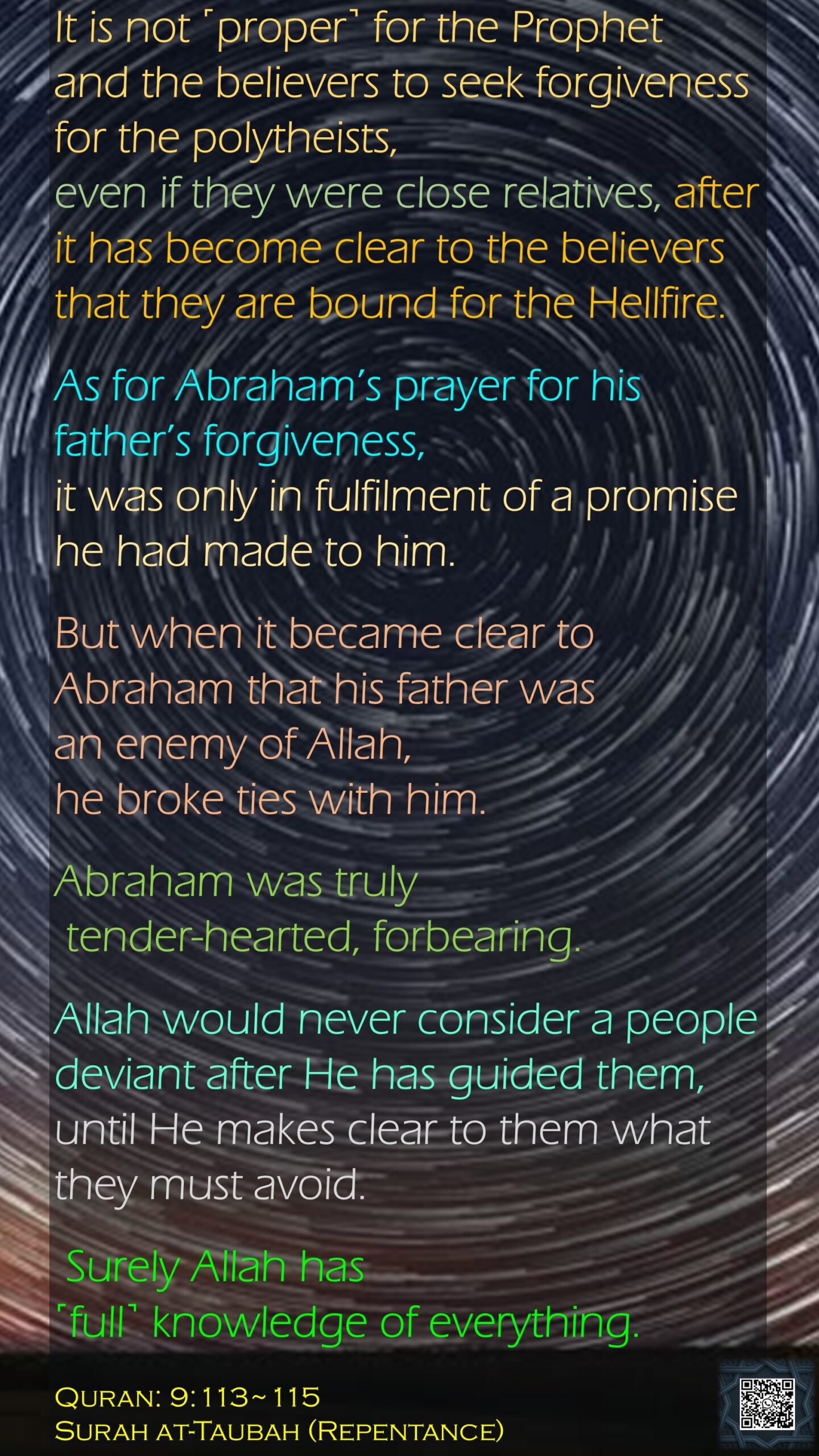21
Jun, 2025
2
May, 2025
Quran 2:115
Islam, Quran 002, 115, All-encompassing, All-Knowing, Allah, ayat, Baqarah, daily, direction, east, inspirations, islam, islamic, Muhammad, quran, Surah, The Cow, turn, west
13
Jan, 2023
Quran 23:112~115
Islam, Quran 112, 113, 115, al-Mu`minun, Allah, ayat, believers, Chapter 23, create, daily, day, inspirations, islam, islamic, part, purpose, quran, return, Surah, while, without
19
Nov, 2022




